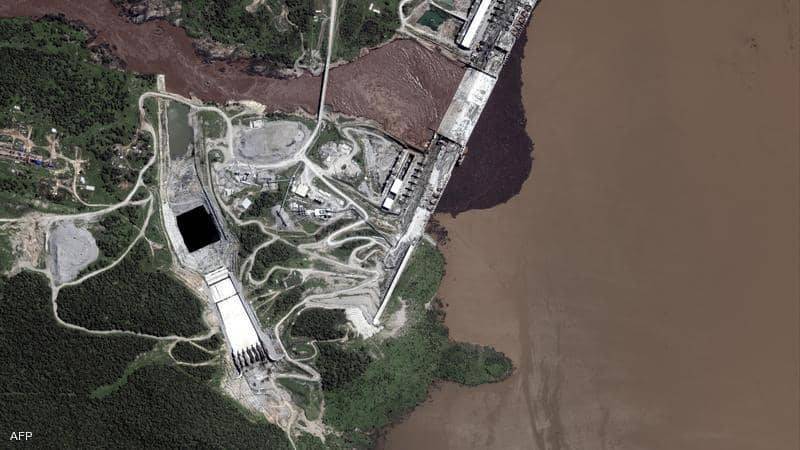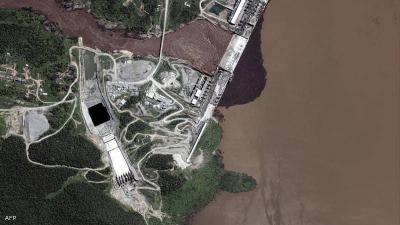Egypt's ambassador to Washington, Moataz Zahraan, participated in a seminar at the National War College, attended by students and leadership of the college, where he discussed the strategic importance of Egyptian-American relations, Egypt's role in establishing stability and security in the Middle East and Africa, among other issues. The Grand Ethiopian Renaissance Dam (GERD) was highlighted as one of the major topics addressed by Ambassador Zahraan, who emphasized that Egypt cannot afford to compromise its water security. He warned that unilateral management of the filling and operation of the GERD could exacerbate the condition of water poverty in Egypt and the adverse effects of climate change in ways that cannot be contained, leading to massive environmental, social, and economic damage, which he asserted cannot be allowed to occur.
Zahraan, in statements issued in a statement by the Egyptian Ministry of Foreign Affairs published by the Egyptian Cabinet on Tuesday, stated that the issue of Nile water in both Egypt and Sudan is too serious to be left as a captive of the internal situation in Ethiopia, given its severe repercussions on the peoples of the region. He pointed out that successive Ethiopian administrations have deliberately followed policies aimed at inflaming Ethiopian public opinion regarding Nile water issues and exploiting them domestically as a means to contain chronic internal tensions in Ethiopia, rather than seeking a compromise that secures the common interests of the peoples in the region.
The Egyptian ambassador highlighted that there was a solution on the negotiation table in Washington last year that would allow for the maximum efficient generation of electricity from the GERD and ensure Ethiopia's right to establish future projects under international law. However, the Ethiopian side withdrew at the last minute from the meeting designated for signing the agreement. Zahraan stated that Ethiopia prefers unilateral action without adhering to international law or any prior coordination or consultation regarding dam projects, which is a systematic policy it follows with various neighbors, leading to significant ecological harm, as declared by UNESCO, including the near extinction of Lake Turkana in Kenya and serious damage to the residents of the Juba and Shabelle river basins in Somalia.
Ambassador Zahraan stressed that Egypt cannot allow such unilateral Ethiopian practices to be repeated in the Nile Basin, asserting that it is an existential and critical issue for the Egyptian people. He called for U.S. support for the current mediation process under the leadership of the African Union president, in order to reach a binding agreement on the filling and operation rules of the GERD as soon as possible, to protect security and stability in the region and to safeguard U.S. strategic interests with the three countries: Egypt, Sudan, and Ethiopia.




